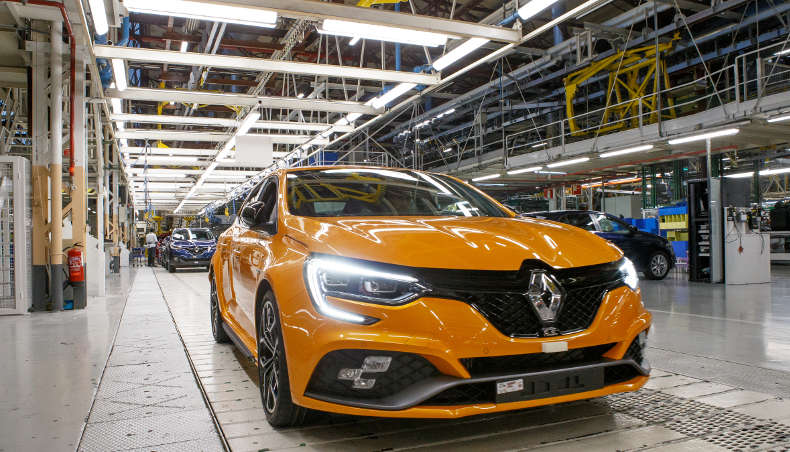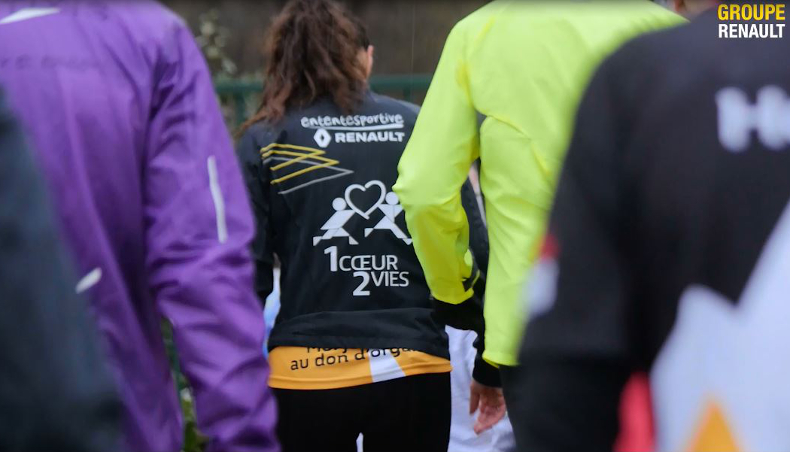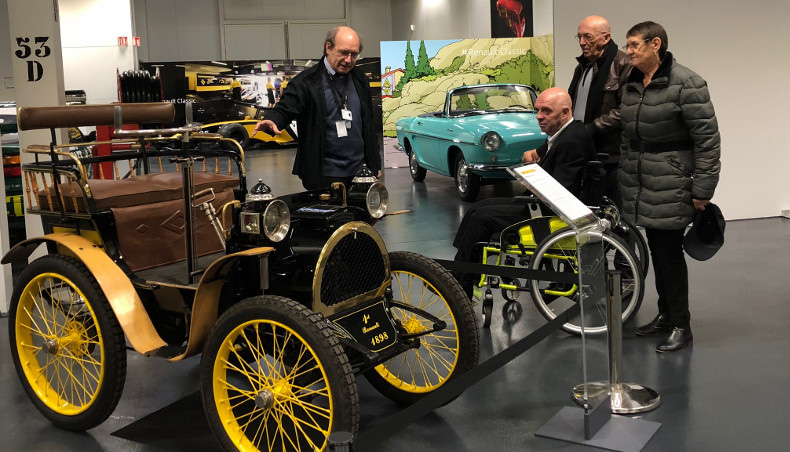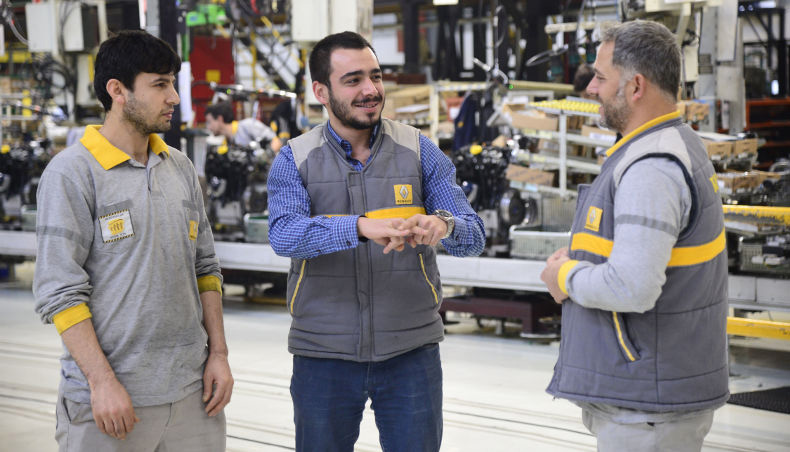

65,000 inhabitants 40 years ago. 85,000 today. The town of Palencia in the famous Castile and León region is known for its remarkable cultural heritage but also for its economic vitality. Central to that vitality is the Renault plant, opened in January 1978.
It has since produced 13 different models, 66% of which Mégane. The Palencia plant produces 1,300 cars a day and actively contributes to the local economic fabric.
“Producing our seven millionth vehicle in such a special year is an honor for us. The professionalism of the teams and the day-to-day determination to excel make our site the main employment driver in the region and a major contributor to the results of Groupe Renault and the Alliance.” José Martín Vega, Director of the Palencia plant.
The production center for Mégane Hatch, Mégane Estate and Mégane R.S. as well as Kadjar, the plant has fully demonstrated its ability to adapt to technological challenges and transformations in the sector. For Mégane, the Palencia site successfully integrated substantial changes in the product and the manufacturing process to adapt to the new dimensions of the car and the exclusive colors of the sports model.
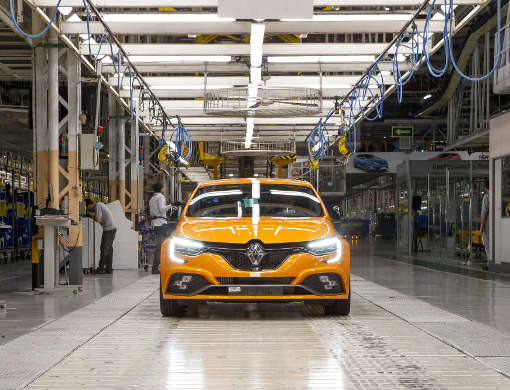
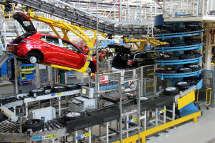
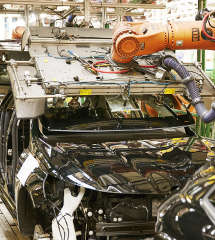
A flagship of the automotive industry and its transformations
But the Spanish plant has no intention of resting on its laurels. In the last three years it has invested to become one of the top-quality plants of the Alliance and develop a connected, agile and competitive production system.
The organization of operator workstations has been revamped. For example, the work of operators has been made easier by the introduction of full kitting, with customized parts kits delivered to them line-side to avoid unnecessary movement. A single modernized production line is able to produce four different vehicles and handle the diversity of 336 versions.
At the forefront of Industry 4.0, Palencia is a pilot site for technological innovations. In stamping, sensors built in to the machines collect data to prevent breakdown risks and facilitate predictive maintenance. On the production line, the vehicles and their technical characteristics are identified automatically at each workstation, which have now become digital workstations. Vehicle parts are equipped with radio frequency identification (RFID) chips for enhanced traceability. The plant also has 3D printers and scanners for rapid prototyping. The digitalization of the plant is simplifying production in the form of tools developed on the basis of the real-life uses of each team.
Take a closer look at the Palencia plant in this three-minute video: |
